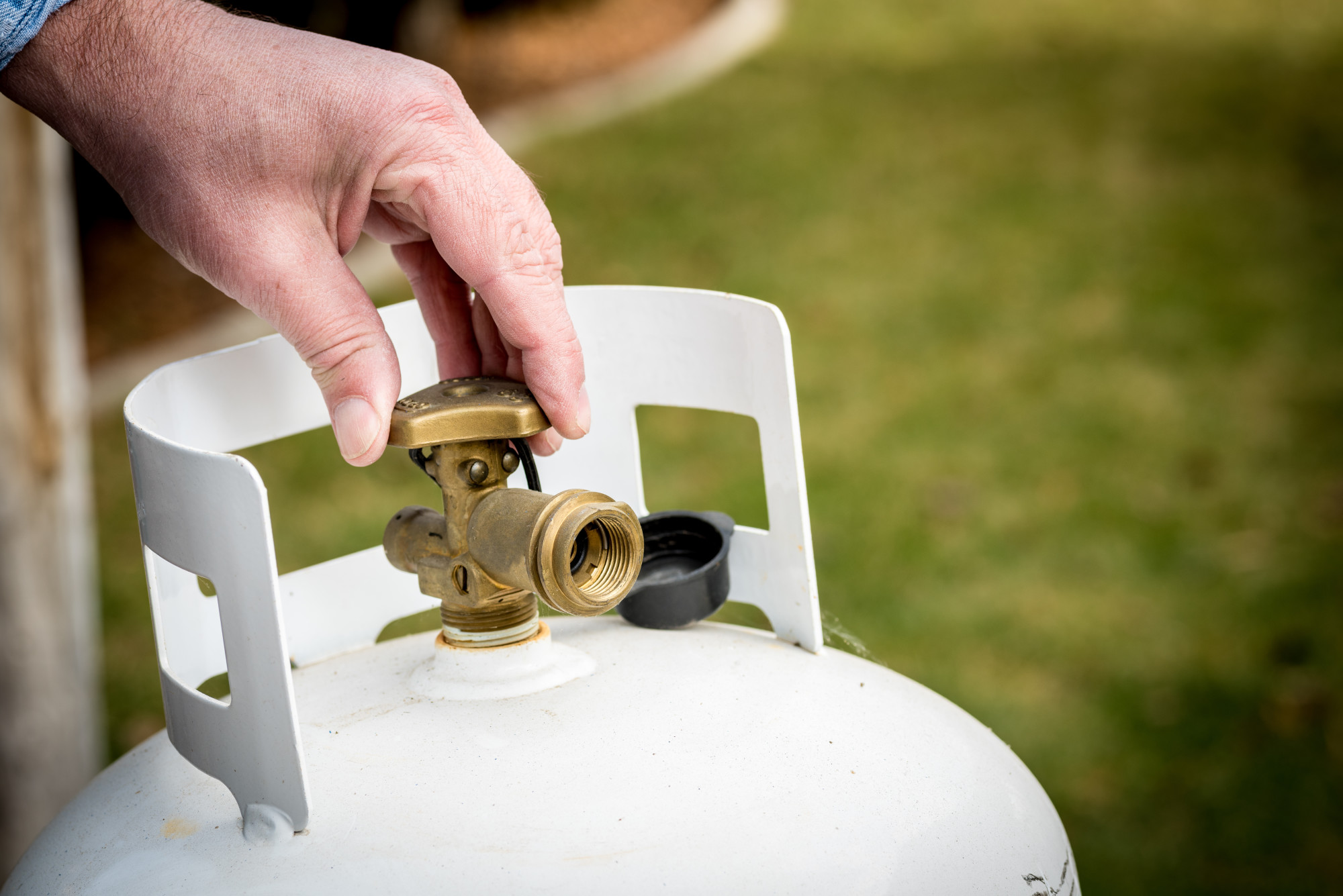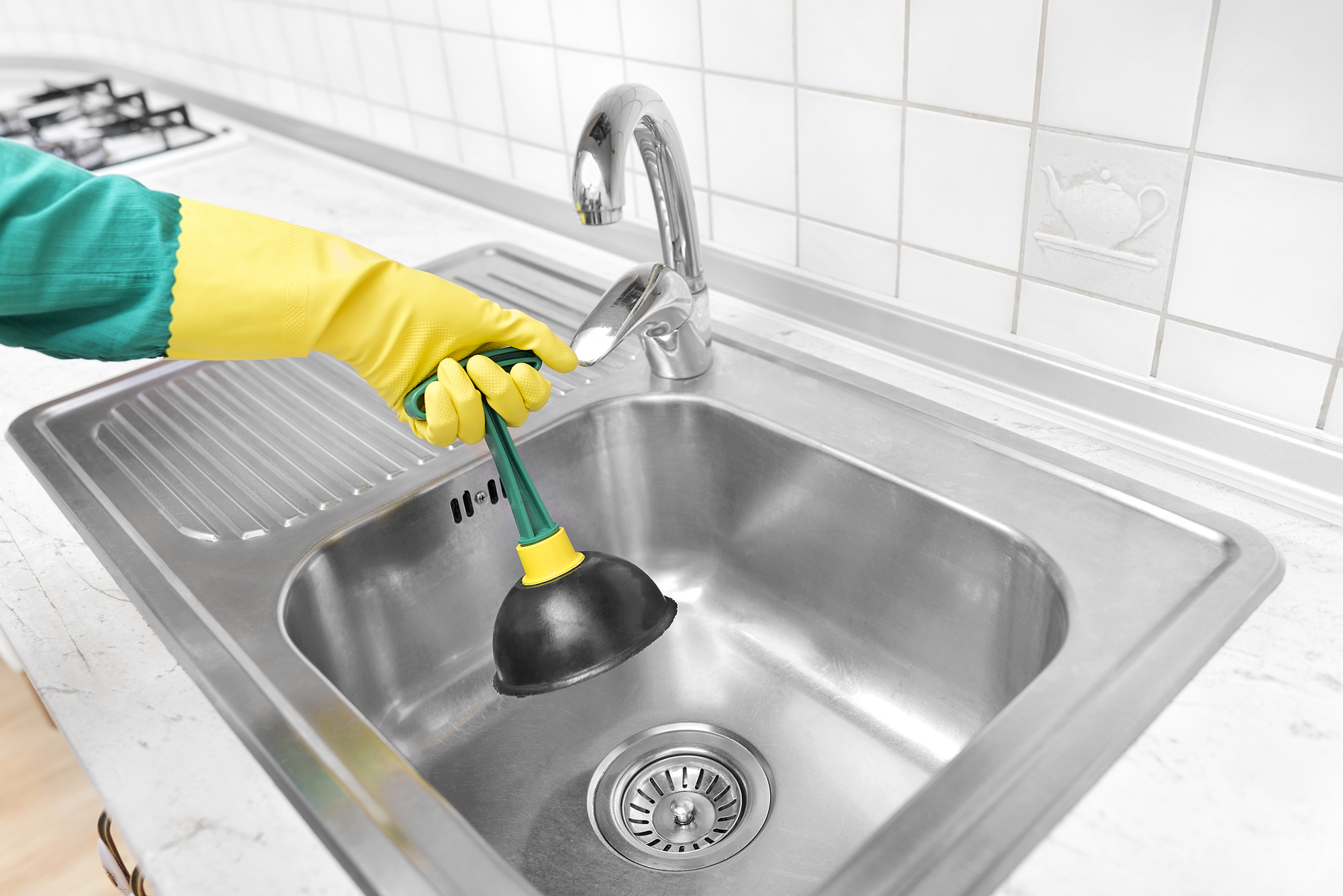In 2019 alone, the U.S. set a record for dry natural gas production at 92.2 Bcf/d. Are you wondering whether making the switch to natural gas is worth it?
In this article, explore the pros and cons of natural gas to help you form your decision. Read on to explore these not to be missed facts that can help you explore just how useful it can be.
What Is Natural Gas?
Natural gas is one of the three sources that come from fossil fuels. It’s used to generate heat and electricity. It’s formed underneath the earth’s surface.
The compounds of natural gas include four hydrogen atoms, one carbon atom, and methane.
It contains small amounts of nonhydrocarbon gases as well, such as water vapor and carbon dioxide. Natural gas, formed millions of years ago when animals and plants built up over time on ocean floors and the earth’s surface.
As they’re covered in rock, silt, and sand, they formed over time. Some of this is oil, some coal, and others are into natural gas.
Different Kinds of Natural Gas
There are conventional and unconventional natural gases. Conventional gas is what’s found underneath rocks. Natural gas in other locations is harder to get to.
Natural gas not found beneath rocks is what’s known as unconventional. Biogas is what comes from animals or plants. Biogas can be forest residue and can create renewable energy.
The Pros of Natural Gas
There are many different pros of natural gas, such as a global source of energy and mature technology. Natural gas has been around for many decades. It’s considered mature since it can be used over the years.
Since it has been used for years, it’s one of the more established energy sources. Since it’s used around the world, it’s considered a global source.
Safe
Many consider natural gas to be safe overall. While there have been incidents, it hasn’t lead to many deaths over the years.
Bountiful
There’s plenty of natural gas available for use. It can also last for many centuries.
Cleaner
It’s considered a cleaner energy source than other fossil fuels. Many marine generators use natural gas for a cleaner alternative.
It’s a cleaner choice than oil and coal. To help improve your carbon footprint, choose natural gas for heating purposes.
Available Infrastructure
The infrastructure for natural gas is readily available. It’s used for other fossil fuels as well.
The Cons of Natural Gas
The disadvantages of natural gas include increasing the greenhouse effect and being a fossil fuel.
Since it’s a fossil fuel, it still pollutes the air, even if it’s not as much as coal and oil. When you use natural gas for heating and electricity, then carbon dioxide, nitrogen oxides, and carbon monoxide will be released into the air.
Flammable
Since natural gas is odorless and colorless, if there’s a leak, you might not know. When it’s damaged, it can cause an explosion.
Some sellers for natural gas will add a slight odor so that you can detect a leak. This will help prevent accidents.
Extraction Is Harmful to the Environment
Fracking is a newer process for extracting gas and oil. This is where the rock is fractured using a pressurized liquid.
Fracking causes harm to the environment, unfortunately. This can lead to contamination of your drinking water. This can also lead to earthquakes in the area where fracking occurred.
Non-Renewable
While natural gas can last for centuries, once it’s used, it’s gone and can’t be renewed. Eventually, this form of fossil fuel will be gone. Today, experts are looking into renewable forms of energy.
Expensive
The pipelines needed to use natural gas are expensive. There needs to be a separate plumbing system, specialized tanks, and long pipes.
If there are long-distance transportation and transmission costs, they’ll add up fast. Any fixes to leaks will drive up the cost as well.
Not Easy
All of the components of natural gas need to be extracted, except for methane. This can lead to many byproducts such as sulfur, water vapor, carbon dioxide, helium, nitrogen, and hydrocarbons.
Not Much for Improvements
Since the same technology has been used for a while for natural gas, there isn’t much room for improvement. Over time, natural gas might not be as important since change is limited.
High Initial Costs
If you’re a homeowner, the initial cost of setting up natural gas is quite high. It might be a better option to look into alternative energy options instead.
Reliance on Other Countries
Depending on the abundance of natural gas, you might wind up having to rely on another country for your supply. This could lead to problems in the future if there are disputes with trade between the countries.
Renewable energy is a way to lower your dependence on other countries. This leads to more available energy in your area/country.
Should I Switch to Natural Gas?
When you make the switch to natural gas, this means no more fuel delivery. Gas can be delivered directly through your pipelines.
Some reasons you might want to stay with heating oil can include safety, longer-lasting equipment, and cleaner air. Today, natural gas is at a higher-demand than heating oil.
Comparing the Pros and Cons of Natural Gas
After making a comparison of the pros and cons of natural gas, you should have a better idea if it’s the right energy-source for you.
Would you like to learn more about technology and current energy trends? Check out our other articles today!










